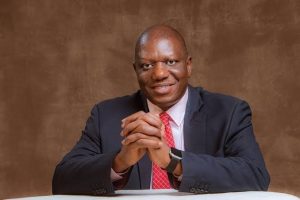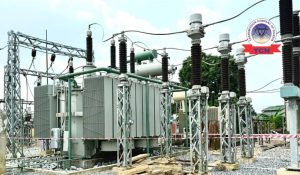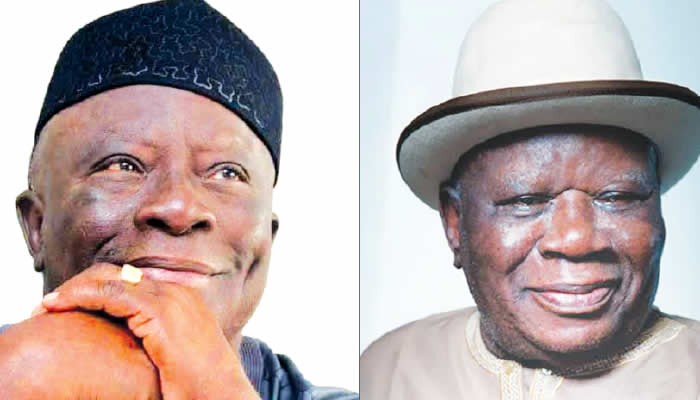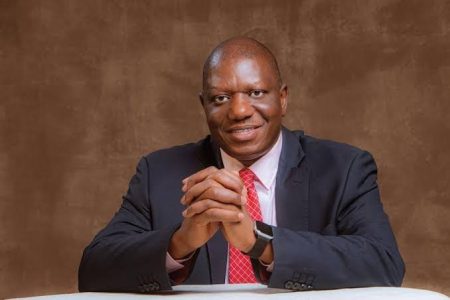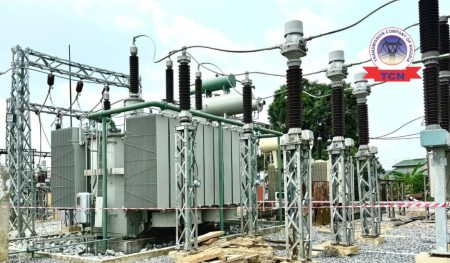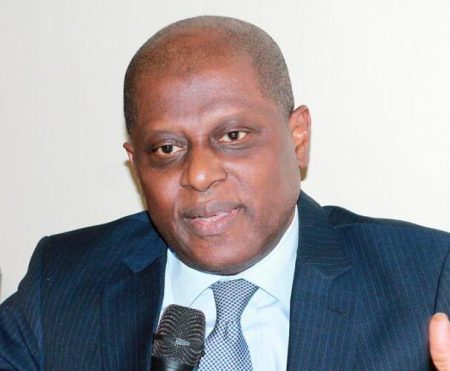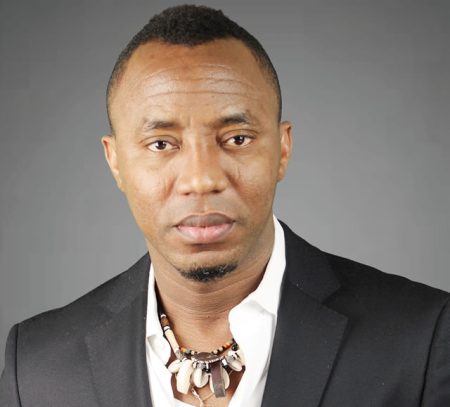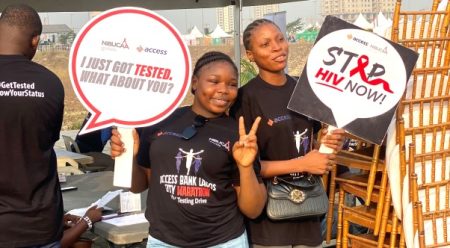The Passing of Southern Voices and the Future of Regional Advocacy
The recent deaths of Pa Ayo Adebanjo and Chief Edwin Clark, two prominent elder statesmen and advocates for restructuring in Nigeria, have left a significant void in the Southern political landscape. Adebanjo, a staunch Afenifere leader, and Clark, a respected voice from the Niger Delta, consistently championed the cause of true federalism, resource control, and a more equitable distribution of power within the Nigerian federation. Their passing marks the end of an era characterized by their fearless advocacy and unwavering commitment to regional interests. Both men dedicated their lives to promoting a vision of Nigeria where all regions felt represented and empowered, contributing significantly to national discourse on constitutional reforms and power dynamics. Their absence creates a vacuum requiring a new generation of leaders to step forward and continue the fight for a more balanced and just Nigeria.
These two leaders played pivotal roles in shaping the political discourse, particularly in the Southern and Middle Belt regions. Adebanjo, a lifelong disciple of Chief Obafemi Awolowo, relentlessly pursued the ideals of regional autonomy and true federalism, echoing Awolowo’s vision for a Nigeria where regions held greater control over their resources and governance. Clark, a former Federal Commissioner for Information and influential leader in the Pan-Niger Delta Forum, championed the cause of resource control and equitable development for the oil-rich Niger Delta region. Both men consistently challenged the status quo, holding successive governments accountable and demanding fairness and justice for their respective regions. Their influence extended beyond their regional bases, impacting national discussions on constitutional amendments, revenue allocation, and the balance of power between the federal government and the states.
The legacies of Adebanjo and Clark are intertwined with the history of Southern advocacy in Nigeria. They followed in the footsteps of prominent figures like Obafemi Awolowo, Nnamdi Azikiwe, Anthony Enahoro, and Ken Saro-Wiwa, who fought for regional autonomy, resource control, and minority rights. These earlier leaders laid the groundwork for the advocacy that Adebanjo and Clark would later champion, establishing a tradition of challenging centralized power and demanding greater recognition for the diverse interests within the Nigerian federation. Adebanjo and Clark built upon this foundation, amplifying the call for restructuring and true federalism in the face of evolving political landscapes and national challenges.
In the lead-up to the 2023 presidential election, both Adebanjo and Clark, through the Southern and Middle Belt Leaders Forum (SMBLF), played a decisive role in advocating for a power shift to the South. They argued that after eight years of Northern presidency, it was a matter of fairness and equity for the presidency to rotate to the Southern region. The SMBLF’s endorsement of Peter Obi, the Labour Party candidate, was a significant moment in the election, highlighting their commitment to ensuring a Southern presidency. This strategic move underscored their influence in shaping political alliances and mobilizing regional support for their chosen candidate.
The passing of these two leaders raises the critical question of succession and the future of Southern advocacy. Who will step forward to fill the void and carry on their legacy? The SMBLF, comprising Afenifere, PANDEF, Ohaneze Ndigbo, and the Middle Belt Forum, faces the challenge of re-strategizing and identifying new leaders who can effectively articulate and champion the interests of the South. Maintaining a united front among Southern leaders will be crucial, as historical divisions have often undermined their collective bargaining power. The ability of the next generation of leaders to transcend regional differences and personal ambitions will determine the effectiveness of future advocacy efforts.
Several potential successors have been identified within the existing political structures. Within Afenifere, figures like Supo Shonibare, Tokunbo Ajasin, Ayo Opadokun, and Tola Mobolurin are seen as potential leaders. In the South-South, PANDEF may look to leaders like Amb. Dr. Godknows Igali, Professor G.G. Darah, and Sir Obiuwevbi Ominimini to continue the advocacy for regional equity and resource control. The Middle Belt Forum, with its president Dr. Pogu Bitrus, and other Southern voices like Bassey Ewa-Henshaw, are also expected to play significant roles in the ongoing struggle for regional and national balance. The emergence of a new generation of leaders within these organizations will shape the future trajectory of Southern advocacy and its impact on Nigerian politics.



